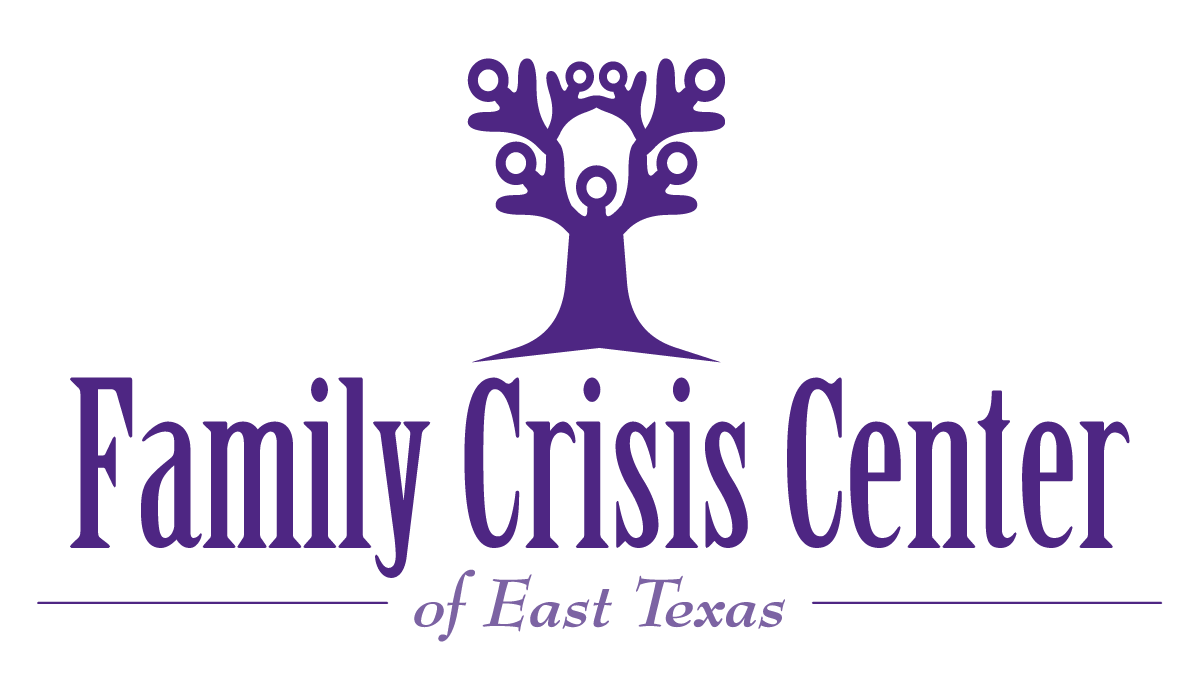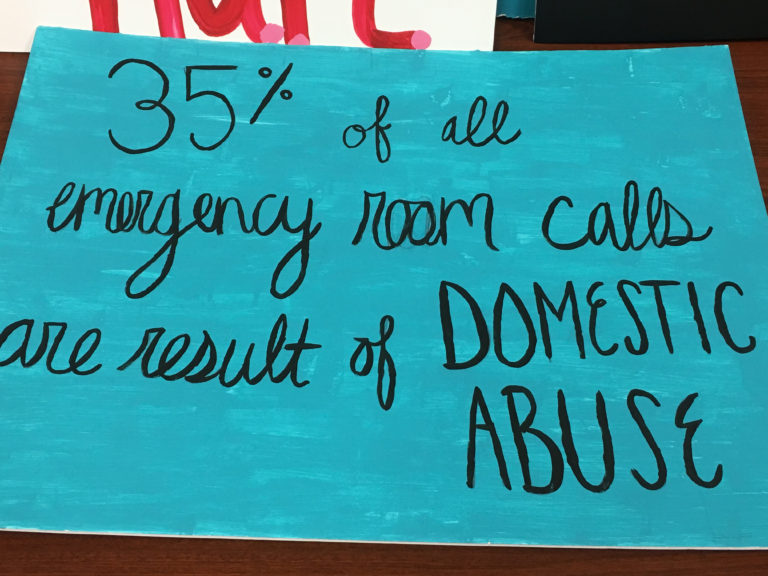Technology’s Impact on Teen Dating Violence

Special to The Messenger
EAST TEXAS – February is Teen Dating Violence Awareness Month and the Family Crisis Center of East Texas is directing attention to the critical issue of technology’s role in teen dating, emphasizing the need for understanding and vigilance.
In today’s digital landscape, ever-present cell phones and tablets have blurred the lines between the real and digital worlds. Statistics reveal that teenage social media users spent an average of four hours daily on various apps in 2023.
For teens navigating online relationships, the complexity increases, often leading to isolation and heightened vulnerability to abusive behaviors. This form of digital bullying is recognized as digital dating abuse.
Digital dating abuse comes about through the use of technology and social media for bullying, harassment, stalking, or intimidation within romantic relationships. It may begin subtly, with excessive texts or demands for a teen’s location, often rooted in possessiveness and jealousy, but it can escalate into more harmful behaviors very quickly.
“Online spaces like Snapchat can inadvertently normalize stalking behaviors due to their location features called ‘Snap Map’. These behaviors may initially present as love bombing, where one partner overwhelms the other with affection and attention. However, they can evolve into more controlling and harmful actions,” explained Whitney Burran, executive director of the Family Crisis Center.
Increased screen time has given rise to concerning trends adults may not know about, such as “Zillow surfing,” where teens explore crushes’ homes on a real estate website, going beyond curiosity to pinpointing specific rooms without physical presence.
Tracking locations on apps and real-time monitoring of Instagram Direct Messages are also emerging concerns.
Despite the prevalence of digital dating abuse, only 9% of affected teens seek help, and seldom from parents or teachers. The importance of adults initiating conversations about healthy digital communication is vital to addressing teen dating violence.
The Family Crisis Center urges caregivers and educators to approach teens with curiosity, establish family media agreements, prioritize safety in conversations, model healthy digital boundaries, and connect teens with supportive adults. Consider updating location services and privacy settings on a teen’s phone and using parental controls to prevent the download of risky apps.
The importance of boundaries and mutual respect with a romantic partner, especially when it comes to digital privacy, are also important things to discuss with teens.
When digital violence spills over into real-life situations, the impact on teens can be catastrophic. Behaviors that may start as possessiveness can quickly escalate into more harmful actions such as physical, psychological, or sexual abuse, harassment, and stalking within romantic relationships.
The repercussions extend beyond the online world, magnifying the potential for severe consequences on mental health, self-perception, and the ability to cultivate healthy relationships later in life.
The consequences of such abuse are far-reaching, leading to increased rates of eating disorders, stress, anxiety, depression, self-harm, and diminished self-esteem.
“Recognizing and addressing the intersection of digital and real-world violence is crucial for fostering a safe environment for teens during these critical years of life,” said Burran.
Throughout February, community members are encouraged to visit the Family Crisis Center’s Facebook and Instagram pages for informative posts about teen dating violence—its origins, prevalence, and prevention.
Moreover, the agency’s prevention team hosts age-appropriate presentations aimed at keeping students and young people safe online and in the real world. If you, your school, or organization would be interested in hosting the agency for a presentation, please contact Melissa Wheeler at 936-639-1681.
Together, through heightened awareness and decisive action, a safer, more informed community for teens can be forged in the digital age.
If you or someone you know is experiencing dating violence, domestic violence, or sexual assault, individuals are urged to reach out to the hotline at 1-800-828-7233 (SAFE) or send a confidential text to 936-552-9256.
The Family Crisis Center of East Texas (FCCET) is a non-profit organization that empowers survivors of domestic violence and sexual assault by providing crisis intervention and advocacy services. The FCCET also engages the community through education to build awareness and prevent domestic violence and sexual assault.






